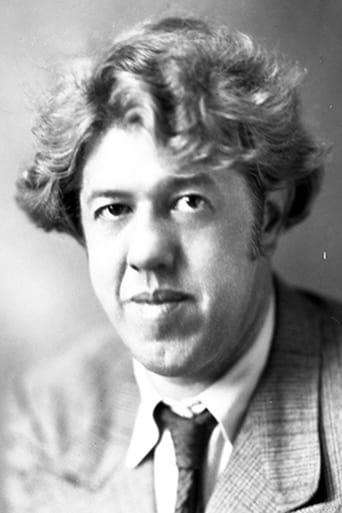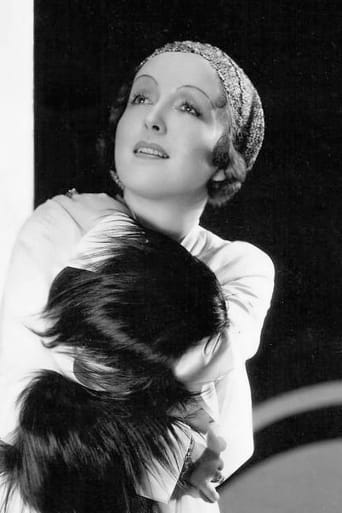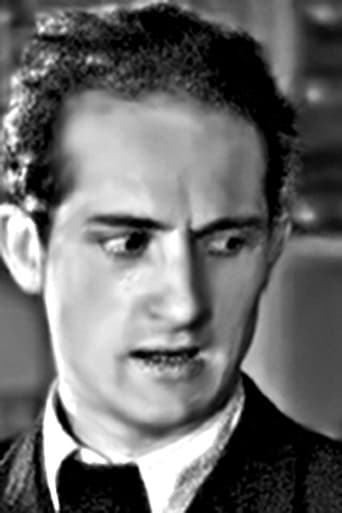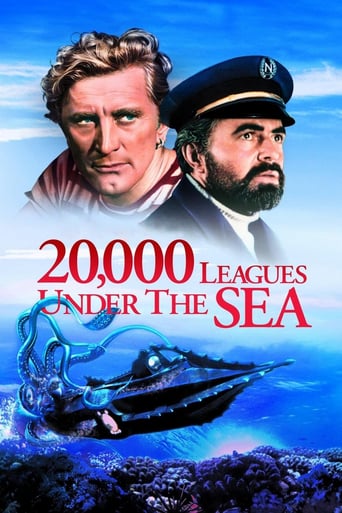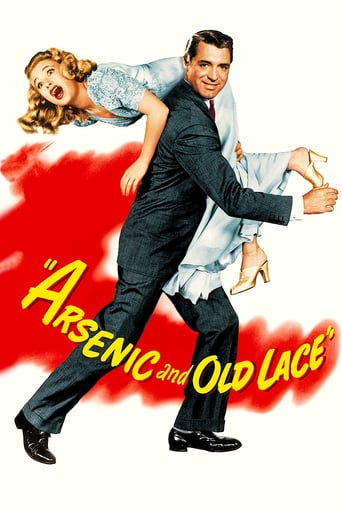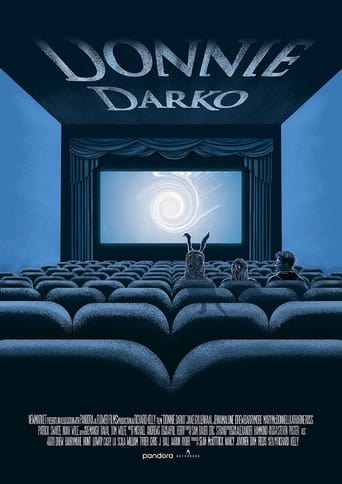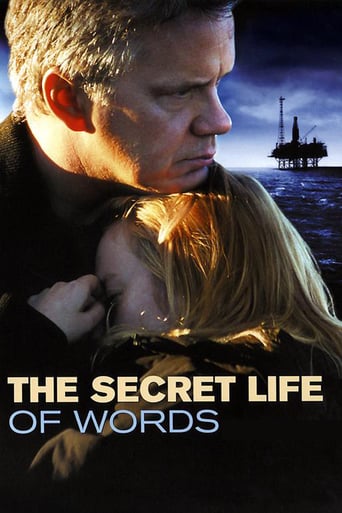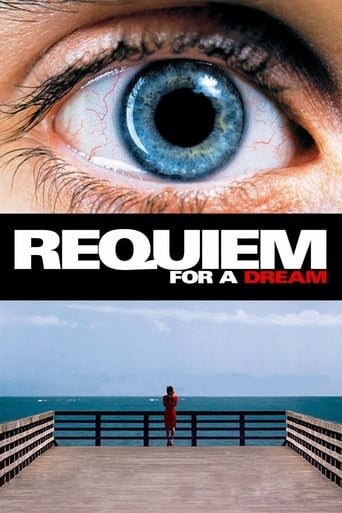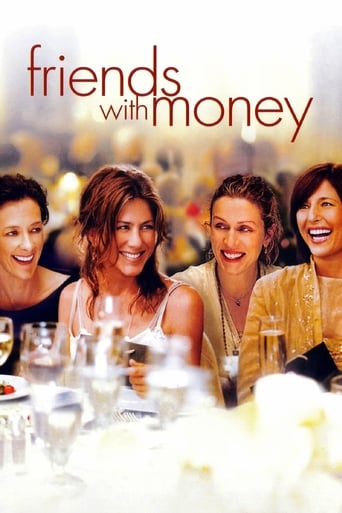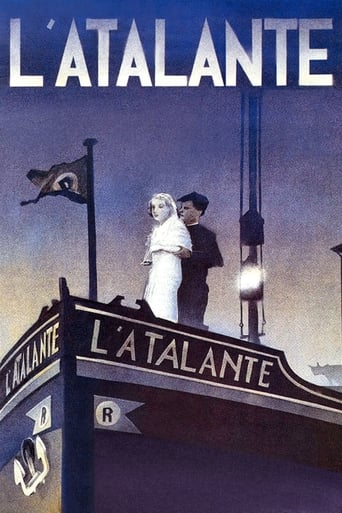
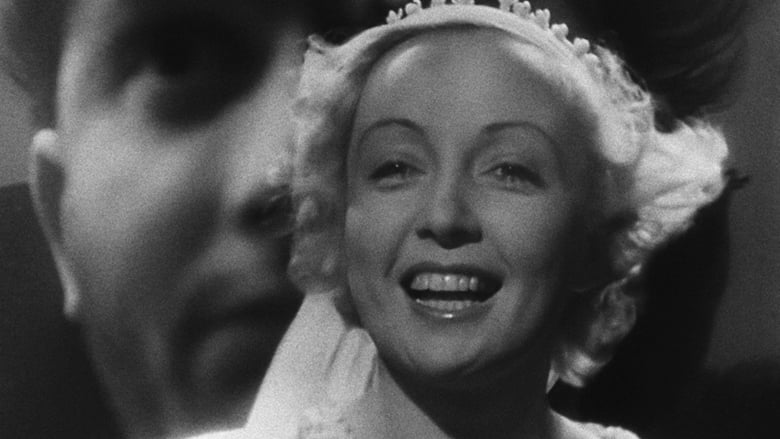
L'Atalante (1934)
Capricious small-town girl Juliette and barge captain Jean marry after a whirlwind courtship, and she comes to live aboard his boat, L'Atalante. As they make their way down the Seine, Jean grows weary of Juliette's flirtations with his all-male crew, and Juliette longs to escape the monotony of the boat and experience the excitement of a big city. When she steals away to Paris by herself, her husband begins to think their marriage was a mistake.
Watch Trailer
Cast
Similar titles

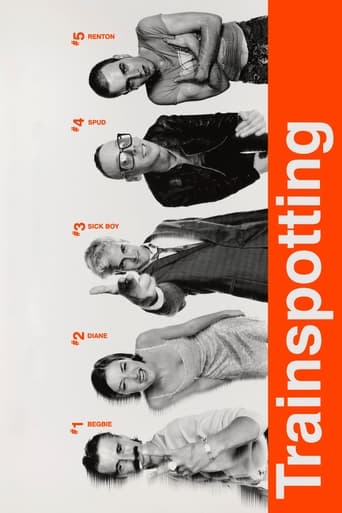
Reviews
Must See Movie...
It's a feast for the eyes. But what really makes this dramedy work is the acting.
One of the most extraordinary films you will see this year. Take that as you want.
A clunky actioner with a handful of cool moments.
I don't have much to say about this film other than the fact that at 25 minutes in, I was considering shutting it off, but I decided to finish it because I didn't have anything else to do. I'm very glad I finished it. It was charming for reasons that I can't put into words.
Newly married couple Juliette and a ship captain Jean struggle through marriage as they travel on the L'atalante along with the captain's first mate Le père Jules and a cabin boy."L'Atalante" was mutilated by its distributor. Gaumont cut the film's run time to 65 minutes in an attempt to make it more popular and changed the title to Le chaland qui passe ("The Passing Barge"), the name of a popular song at the time by Lys Gauty, which was also inserted into the film, replacing parts of Jaubert's score. Vigo was too weak to defend the film as his condition grew worse. The film was a commercial failure, which is somewhat startling considering how it is now regarded as one of the all-time greats.This film is what has made Jean Vigo so celebrated. It is his only full-length film, and one of only four films total. And yet he remains a towering figure in France approximately 80 years later.
Vigo's last film that quite literally killed him. One of the finest films I've seen, one that mystifies, evades, invites to be seen again and again. Having these kinds of films around gratifies simply since they're so few and far between.For some reason this pairs up well with "In the Mood for Love" (Fa yeung nin wa, 2000) by Wong Kar-Wai: both are masterful depictions of space and fluid camera, love that is and love that isn't, yearning that is and is not realized. Vigo's ability for ellipsis and the implied is uncanny. He leaves us a lingering suspicion and our ever-changing memory.Parlo is perfect in the kind of sweetness and desirability that makes the camera fall in love with her. In terms of craft, Simon's Jules is the most astonishing character in Vigo: wildly playful, Falstaffian, rugged and rough on the outside but still basically the only one in the film whom we may call sagacious. He's the architect in the film, ultimately, something the tormented Jean cannot be: he makes things happen. Incidentally, he's the one who fixes things: the gramophone, the marriage of Jean and Juliette, the fate of the barge at the office, and yet he still remains in the background. It's the mélange of Simon's flamboyance and Vigo's remarkable introspection and empathy that make Jules the enigma that he ultimately is.The Criterion Collection has released this on Blu-ray in "The Complete Films of Jean Vigo". It's among the most pivotal cultural acts of the digital era.
There are three main reasons that made me watch this: because it's old, foreign (french, in this case) and because I love ships.Honestly I thought I'd like this movie much better. It just couldn't captivate me. I think that this movie's reputation as one of the all-time greats doesn't justify. Its plot is simple but not especially involving, or maybe it just wasn't properly worked. Basically it's all about a married couple on their honeymoon (or is it bittermoon?) in a boat trip (a boat used to have only men aboard) and very little happens - that is, other than constant conflicts aboard. The majority of characters are not likable, except the cats and the young woman.I didn't like it very much, but François Truffaut did, as did other filmmakers of the French New Wave. They probably took a lesson or two from this to create their own films.A shame that director Jean Vigo died so young (he was 29). Had he lived a longer life and maybe he could have become a big name in the french cinema.
